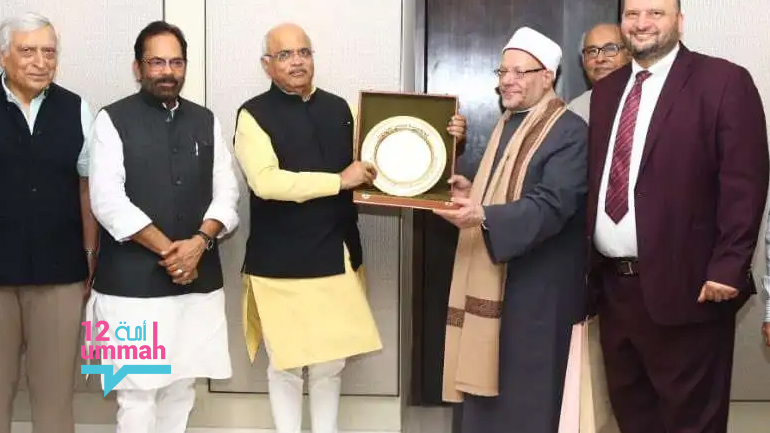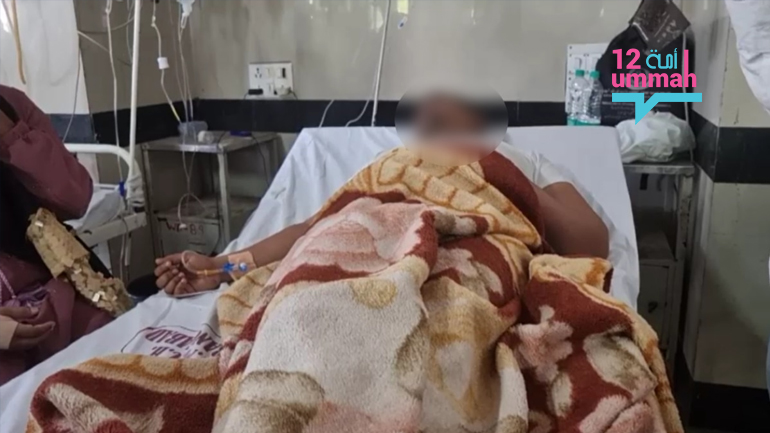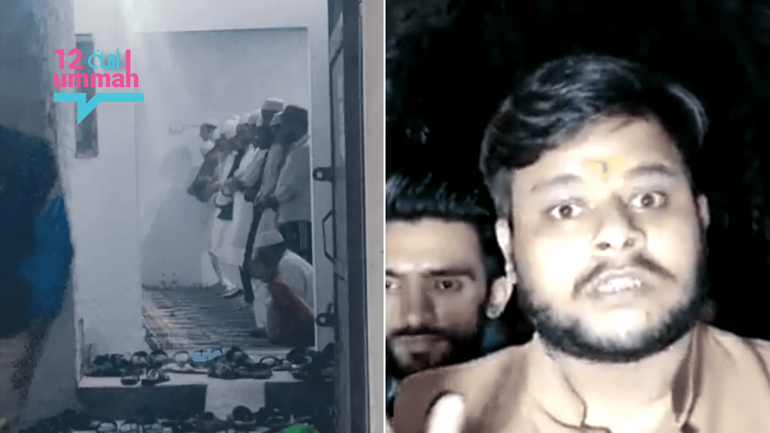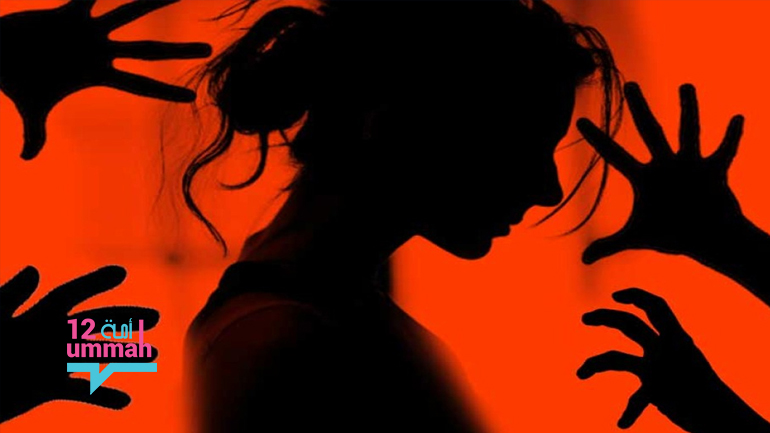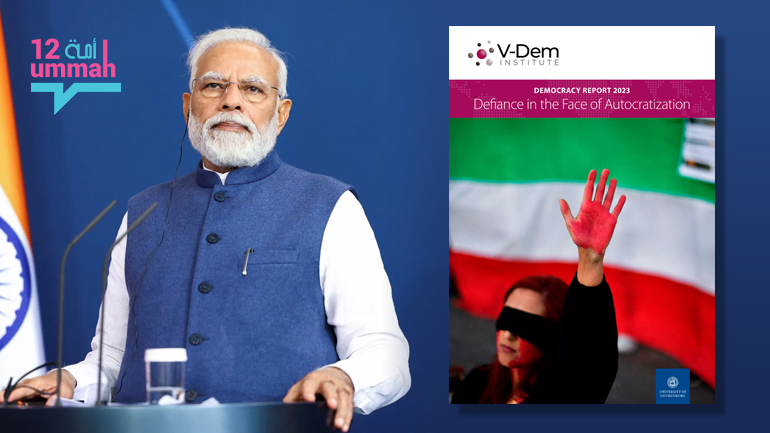HOME/POLICIES
JAMIAT ULAMA-E-HIND CHALLENGES MANDATORY LEARNING OF BHAGAVAD GITA IN SCHOOLS
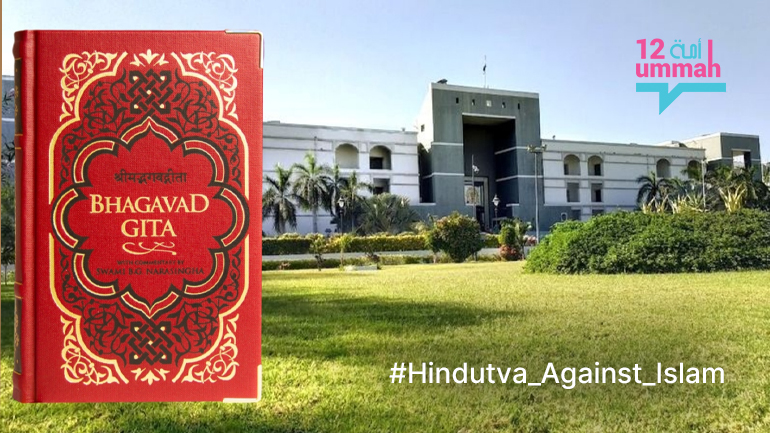
The Gujarat education minister announced the move to introduce the Bhagavad Gita in schools in Gujarat in March this year.
Schools will also organize activities based on the scripture such as prayers, shloka recitation, comprehension, drama, quiz, painting and elocution competitions, education minister Jitu Vaghani said.
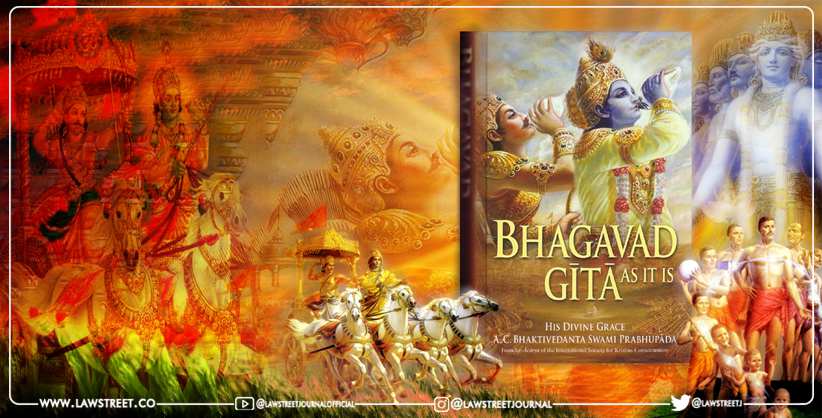
Jamiat Ulema-e-Hind filed a Public Interest Litigation (PIL) challenging a decision by the State's Department of Education mandating the study of the Bhagavad Gita for students in classes 6 - 12 in the upcoming academic year.
On July 11, the Gujarat High Court issued a notice to the state government on a petition challenging a resolution introducing the Bhagavad Gita in schools as a prayer program and verse recitation among other activities.
The Muslim body challenged the resolution on the grounds of constitutional validity and claimed it was in contravention of the National Education Policy (NEP).
Jamiat Ulema-e-Hind emphasised their worry that teaching only one religion to students would have the effect of indoctrinating impressionable young minds with the idea that one religion is superior to others, which would then affect the exercise of free choice and conscience protected by Articles 21 and 25.

The government decision comes amidst a time when the National Council of Educational Research and Training (NCERT) is also revising its textbooks. However, even here, academicians raised concern about how the NCERT is deleting content related to caste, religious discrimination, references to Jawaharlal Nehru, Mughal emperors and text dealing with Muslim stereotypes in its latest review of school textbooks.
This is especially pertinent amidst an environment of growing Islamophobia given how the BJP supporting Kerala Governor Arif Mohammed Khan recently accused madrasas of advocating beheading as a punishment for blasphemy. This was in relation to the heinous Udaipur murder where two Islamic hardliners brutally murdered a Hindu tailor for supporting ex-BJP leader Nupur Sharma.
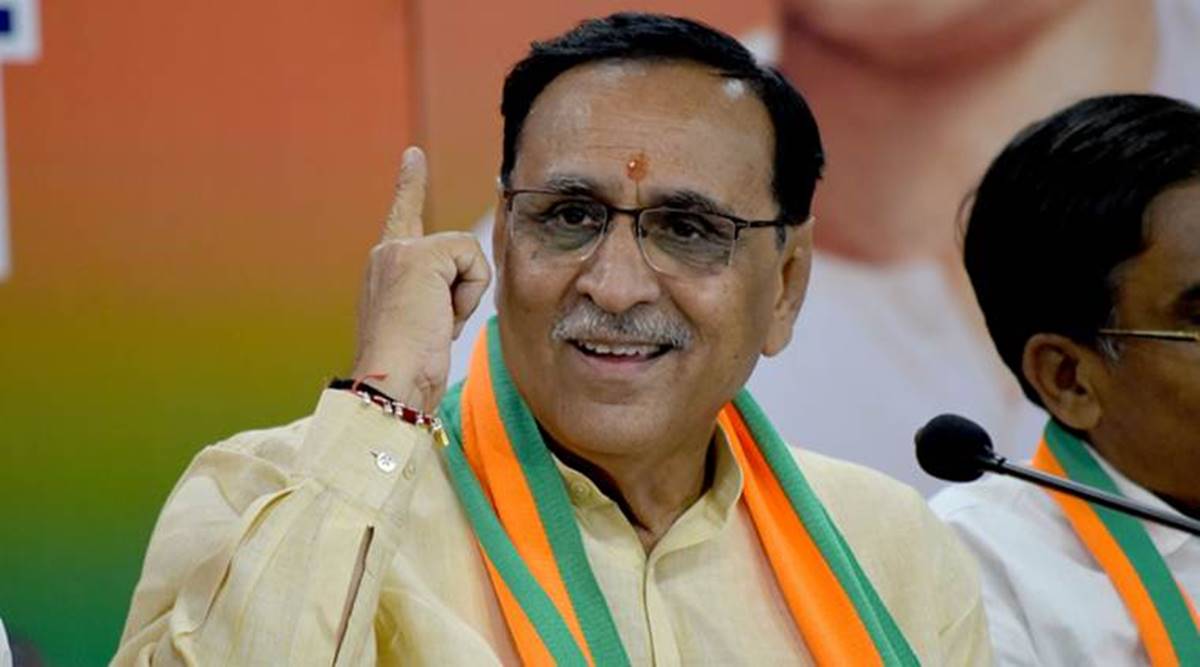
Gujarat Chief Minister, Vijay Rupani
Such attacks on various educational institutions in India reflect the changing socio-political environment of the country.
The PIL further emphasised that the basic values of equality, fraternity, and justice as embodied in the Preamble of the Constitution must be taught in a secular state.
The Jamiar Ulema-e-Hind representing lawyer requested a stay on the resolution's execution, but, the High Court refused to issue the stay, stating that it would not consider the request in the absence of an affidavit.
The case was scheduled for a second hearing on August 18, 2022, by the division bench
Disclaimer: The views expressed here are those of the original authors and do not necessarily represent or reflect or endorsed by the management, committee, donors or other partners of 12ummah.com
Source: The Wire | Sabrang India | NDTV




.jpg)








